You become what you think about all day long.
~ Ralph Waldo Emerson
Does This Sound Familiar?
Being diagnosed with autoimmune disease is overwhelming, and when we discover the healing potential of the paleo lifestyle, we can clutch it like a lifeline. It’s natural to learn all we can about ancestral diet, sleep, stress, epigenetics, the gut-brain connection, evolutionary biology, gene mutations, etc., in our efforts to heal. We read books, listen to podcasts, subscribe to Paleo Magazine, follow blogs, join Facebook groups, and start tracking the details of our own n=1 experiments. We’re collecting pieces to our healing puzzle. Each jump forward in our health is cause for celebration, and each setback sends us researching more deeply.
The question is this: When does research turn into obsession?
When does it start to hurt instead of help?
I think the answer is simple. When all of your thoughts and free time are devoted to thinking about your autoimmune disease and how to heal it, you’ve moved from research into obsession. Believe me, I’ve done this. And as a health blogger with autoimmune disease, I’m constantly at risk for doing this. Yet we need balance in our lives. We need joy! And while a little obsession in the beginning is OK, we need to break free of it when it lasts too long and becomes our way of life. Does that mean we stop researching altogether? No. But we recognize when we’ve learned enough, and we start cutting back on researching the same topics over and over, and choose to expand our perspective beyond our disease.
How the Paleo Leaders Have Fun
I contacted some leaders in the paleo community and asked them this question:
“What do you do for the sheer joy of it,
where you don’t think about health or healing at all?”
They were all excited by this question, because they know the importance of joyful living, and try to teach a balanced message themselves. Modern hunter-gathers (and ancestral tribes) have more leisure time than westernized cultures, by far. We picture them spending all day trying to find food, but in reality it takes them only a few hours, and they usually have fun doing it. The rest of their time is devoted to simply enjoying life: socializing, dancing, making music and art, playing, exploring, you name it. It’s not a life obsessed with health; it’s just a naturally healthy life. When you read the answers that follow, you’ll see how joyful activities are naturally healthy simultaneously:

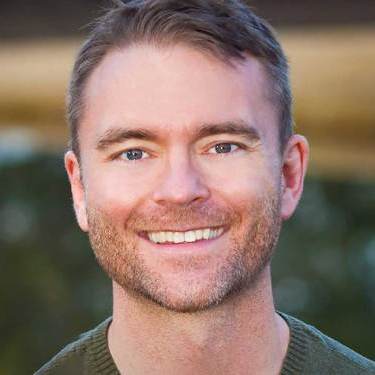
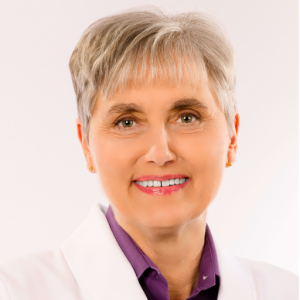
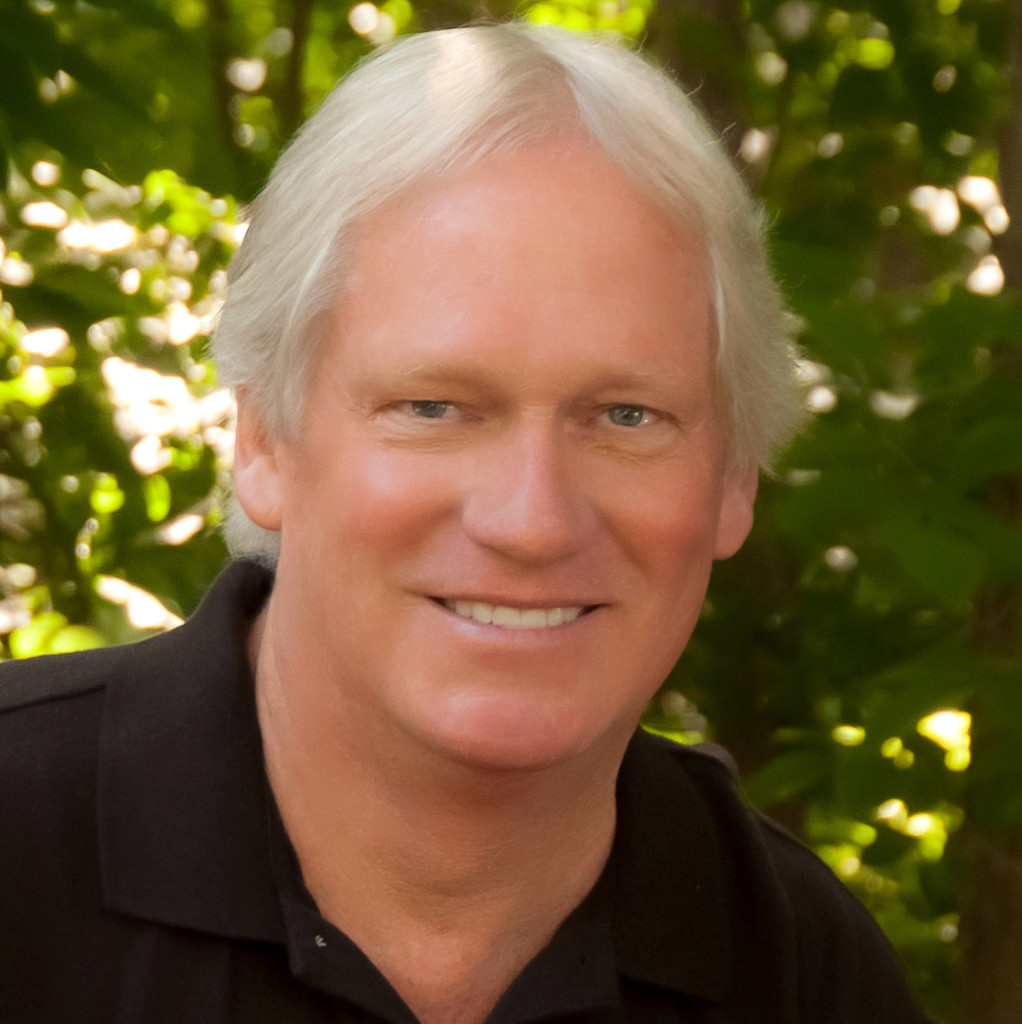


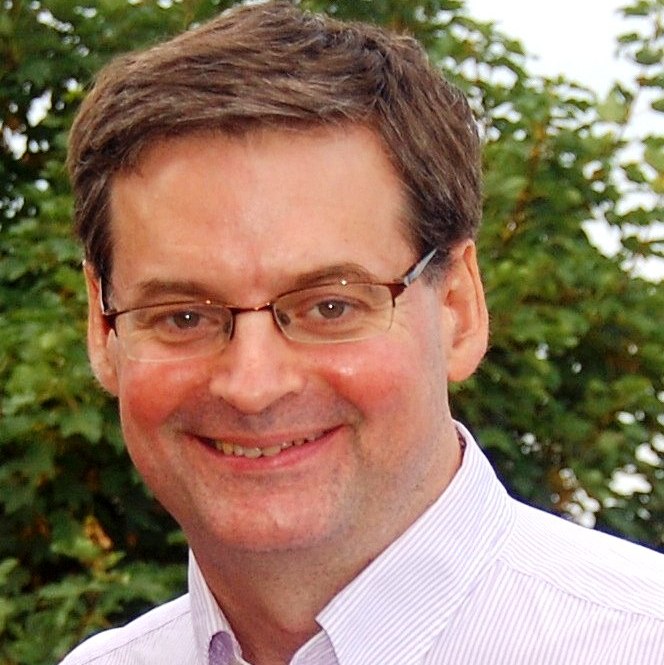
10 Ways to Play – Bringing Joy and Balance Back Into Your Life
- Read Fiction. Follow Robb and Sarah’s advice and intersperse your paleo reading with science fiction for the ultimate escape. Don’t care for that genre? Then read whatever you enjoy: romance novels, mysteries, historical fiction, thrillers. Just make sure it’s not about health.
- Go Outside. Mark, Chris, Terry and Loren all mentioned their joy happens outdoors in nature. Studies have shown that being in nature helps us recover from stress. It doesn’t matter if you’re surfing or lying on the beach, rock climbing or having a picnic in a field. Get outdoors someplace beautiful, and leave your screens behind.
- Take an Internet Break. As a culture, we’ve become more anxious, less focused and more stressed, and a lot of that is a physiological response to too much screen time: computers, televisions and smartphones. The blue light messes up our circadian rhythms, and the superficial surfing from one headline to another reduces our attention span. Take a screen-free day once in a while, and feel the positive shift in your body and mind.
- Play Games. Before TV, that’s what families did. Cards, board games, imaginative play, yard sports. You don’t have to be a child to enjoy them. In fact, games are a great gateway to the inner child in us all.
- Play with Your Pets. They’re excellent role models for living in the moment, and nothing reduces stress quite as quickly as petting their soft fur, seeing their gratitude, and receiving the comfort that goes both ways.
- Spend Time with Kids. Both Paul and Robb wrote about this. Children are very different from adults, and it’s transporting to spend some time in their world. They’re imaginative, spontaneous, open to new experiences, and experts at having fun.
- Do Something You’ve Never Done Before. We’ve all heard of bucket lists – the things we want to see and do before we die. It doesn’t always have to be something as unlikely as climbing Mt. Everest. It can be as reachable as learning how to ride a horse, playing a musical instrument, growing 20 different kind of daylilies, or visiting the tourist spots in your own hometown. Plan a new activity this week.
- Travel. Sometimes, the best way to leave our worries behind is to leave the routine of home and immerse ourselves in a completely different place. This can be as big as traveling to another country, or as small as going camping for the weekend.
- Get Creative. All of us have artistic impulses, even if we aren’t professional artists, and there are so many ways to express this. You don’t have to carve marble or paint with oils. They sell adult coloring books that are incredibly relaxing. I love drawing mandalas before bed. You can even incorporate artistry into other areas of your life: cooking, gardening, carpentry, knitting, etc. Turn your inner judge off and enjoy creating something beautiful.
- Tune Into Your Senses. This is my favorite way to leave obsessive thoughts behind. If I step outside and close my eyes, I feel a soft breeze blow over my skin, smell the flowers blooming in my garden, hear the birds singing in the trees, and I can feel my heartbeat slowing and my breath deepening. But we don’t need to be in nature to do this. Thich Nhat Hanh is a Buddhist monk who has written a lot about mindfulness. Believe it or not, he loves washing dishes: “To my mind, the idea that doing dishes is unpleasant can occur only when you aren’t doing them. Once you are standing in front of the sink with your sleeves rolled up and your hands in the warm water, it is really quite pleasant. I enjoy taking my time with each dish, being fully aware of the dish, the water, and each movement of my hands. I know that if I hurry in order to eat dessert sooner, the time of washing dishes will be unpleasant and not worth living. That would be a pity, for each minute, each second of life is a miracle. The dishes themselves and that fact that I am here washing them are miracles!” Let’s face it – all of us who home cook out meals face a LOT of dishes in a day. To find a way to enjoy that task, and all tasks as Paul Jaminet wrote above? That would be magical. It’s also ancestral. Hunter-gatherer tribes had no word for work until they encountered “civilized” people. We could learn a lot from them.
You May Also Be Interested In
A version of this post originally appeared in my column in Paleo Magazine.

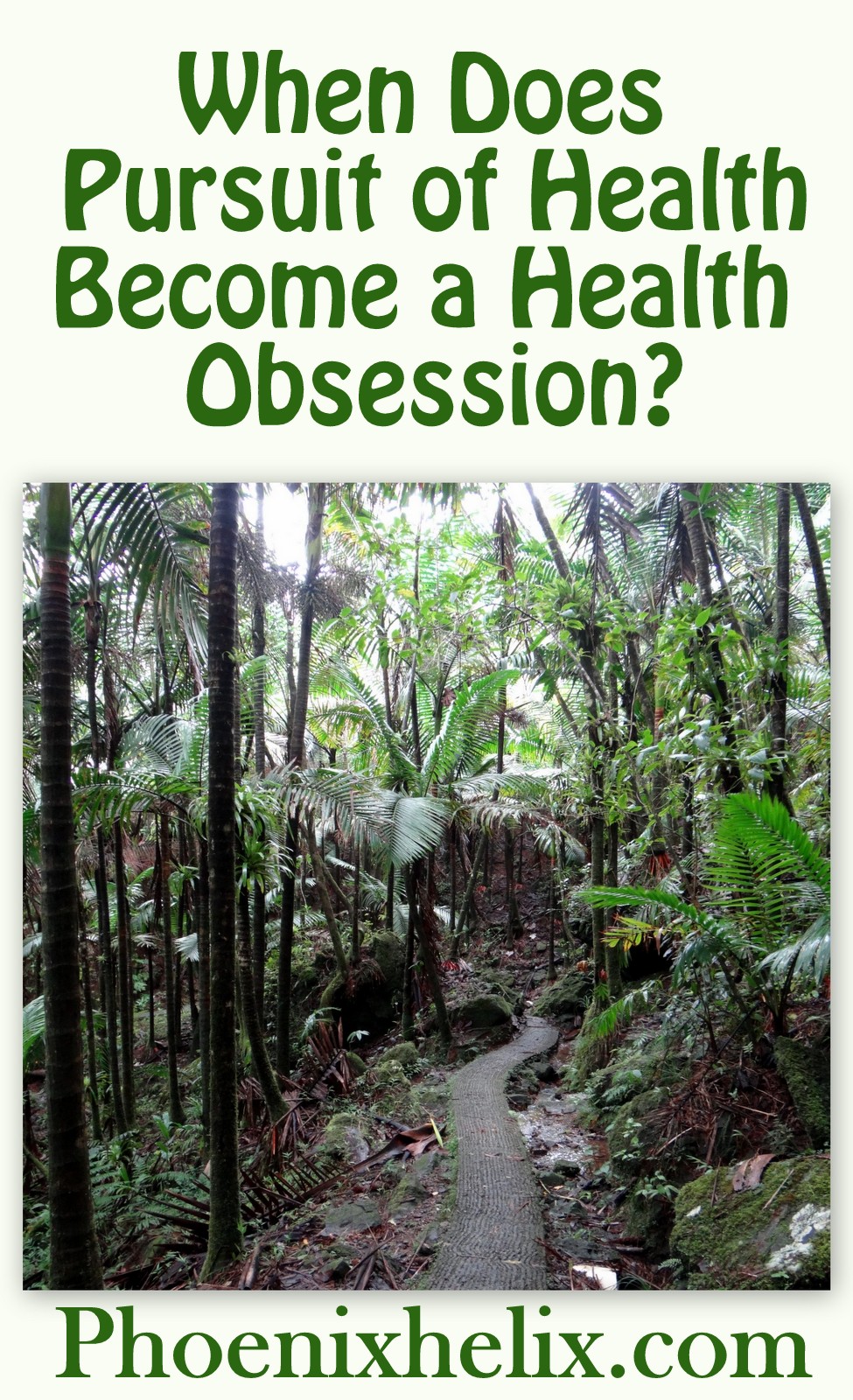
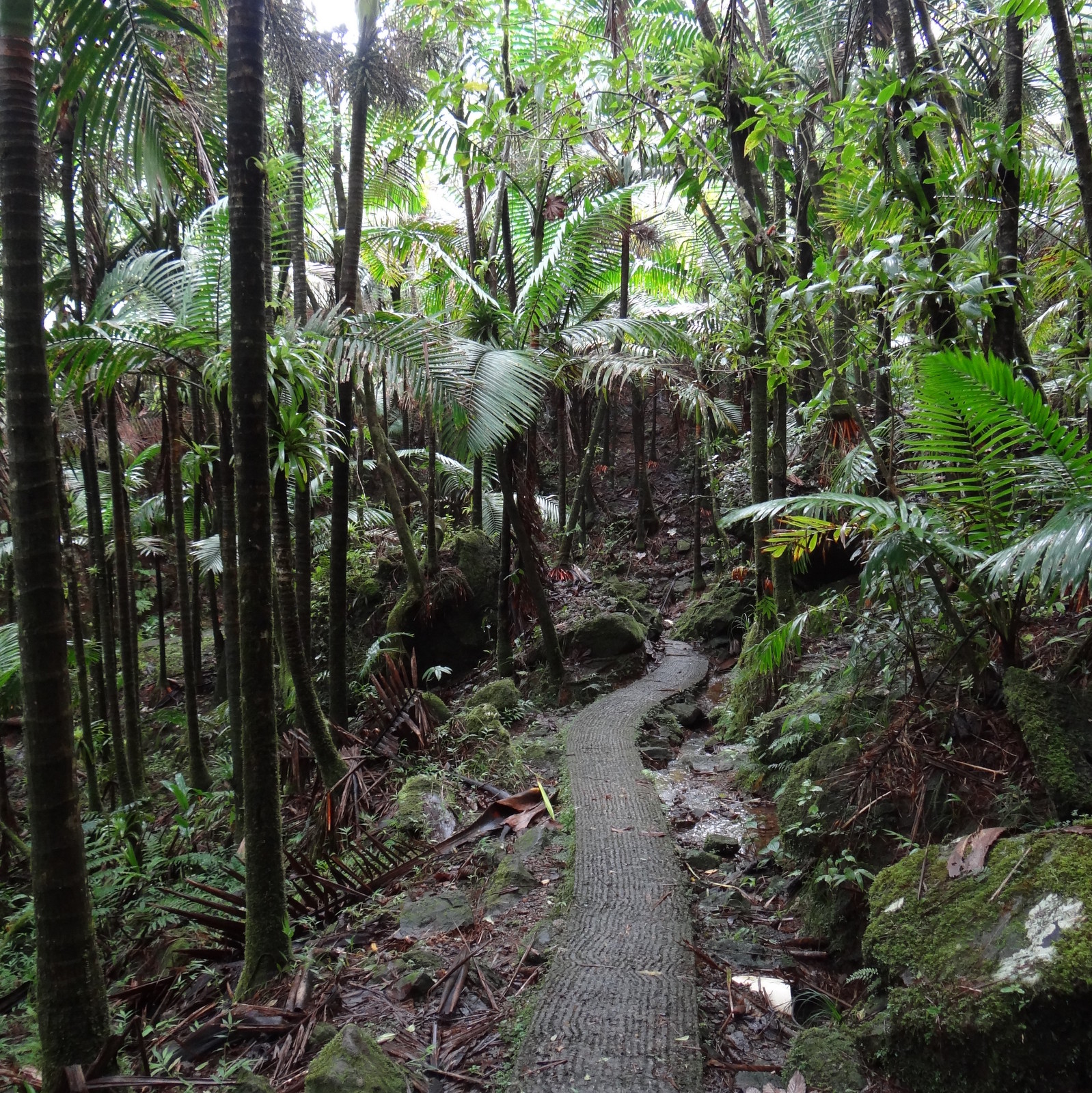
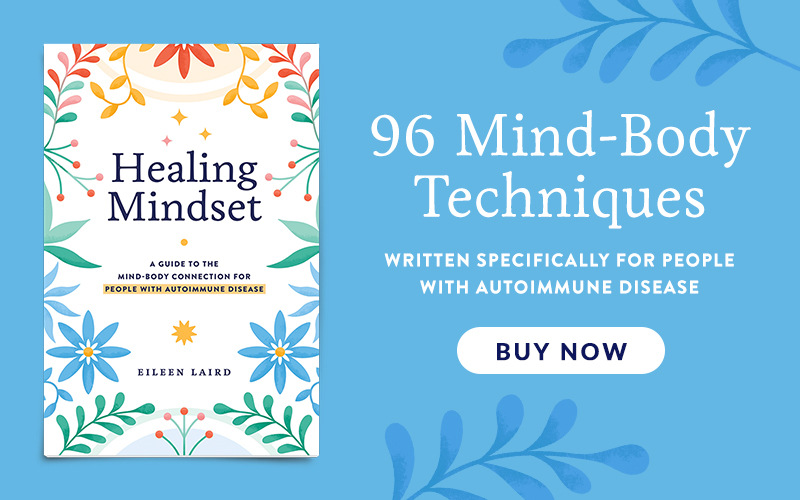
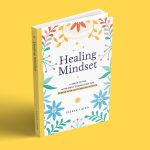

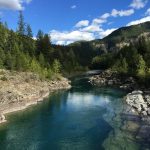
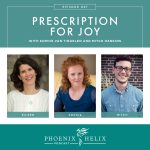
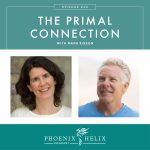
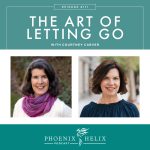

This is a great post!! I enjoyed reading what everyone is passionate about above.
I am at a point in life where I am done looking for answers. I am thankful for my current state of health, despite damage already done to my body/spine from ankylosing spondylitis. And while I still focus on nourishing my body every single day, I am no longer searching for answers to wellness or letting my AI disease be the focus of my life. Instead I am on a quest to experience all that I can, love more, feel more, and be more present with those around me.
My most favorite leisure time activity is foraging for wild foods outdoors!! There is something so primal about it, where I can feel my mind, body, and soul tap into something so much much bigger than my own reality, as if I can channeling the experiences of those who lived before me. Plus wild foods just taste more vibrant and delicious, and they are free!!
What a beautiful comment, Andrea, and so evocative! It makes me want to go forage right now.
Fantastic Post E! I’ve been guilty of this more than a few times. The longer I’ve been at it though, the less and less it consumes my thoughts. I love to spend my free time watching nature documentaries, spending time in nature and having soda waters with friends.
Nature is so restorative. It just takes us out of our heads completely and plants us back on Planet Earth.
I totally want to get a Dune book club going. Robb Wolf, Chris Kresser and Mark Sisson are my heros. (Not to mention the hordes of others who I can even begin to list.) But since it’s unlikely I’m going to get on a surf- or paddleboard, let’s read!
And they’re all such approachable and caring people, too! I also love to read, and escapist reading is the best.
So true! What’s the point if you don’t enjoy life? Yesterday, Sunday, I attended a house concert. Two local groups played in someone’s living room for two hours. House concerts obviously aren’t as loud as regular concerts and the ones I have attended did not allow smoking – best concert experience ever! This is a great way to actually meet & support local musicians, enjoy new music, and meet new people. This falls into the get out and do something new category.
Debbie, this sounds fabulous!